Why You Should Procrastinate
September 16, 2018
All too often, we’re taught that procrastination is bad.
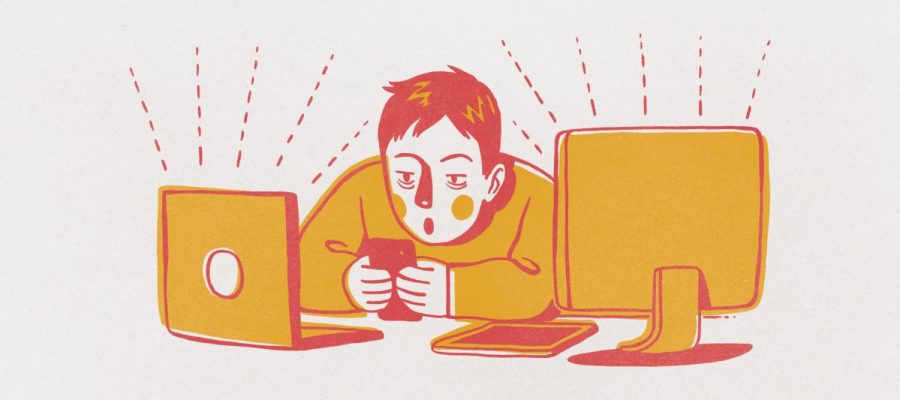
Interestingly, history contradicts this well-accepted notion. In Ancient Egypt, procrastination was considered “waiting for the right time,” and the ancient Greeks and Romans cherished procrastination, as sage leaders would sit around and do little more than contemplate.
Some of the most incredible figures in history have been procrastinators as well. For example, both Martin Luther King Jr.’s iconic “I have a dream” speech and Lincoln’s Gettysburg Address were edited until the last minute. Leonardo da Vinci was another iconic procrastinator; he only finished The Last Supper because his patron, the Duke of Milan, threatened to cut off funds. It took him 16 years to finish the Mona Lisa, not because it was technically difficult, but because he kept doodling in his now-famous notebooks instead. When he was diverted, he was actually learning about light and experimenting with optics, ultimately making his work even better.
What do these figures have in common? They all procrastinated, and as a result, came up with innovative, creative ideas that would forever remain a part of history. This was no fluke: research shows that we become better, creative thinkers as a result of procrastination. Renowned professor and psychologist at the Wharton School of Business, Adam Grant emphasizes the benefits of procrastination; in his New York Times article “Why I Taught Myself to Procrastinate,” he states that our initial ideas are usually the most conventional and argues that our minds wander when we procrastinate, giving us the freedom to stumble upon wonderful and unexpected ideas.
Furthermore, Kelly McGonigal, a health psychologist at Stanford University, believes in utilizing stress as a tool that allows us to learn. She wants the anxiety we feel of a looming deadline to be viewed as excitement to finish the task. She has conducted research that found that this positive stress actually triggers a psychological response in our body that causes us to step up, focus, and execute top performances.
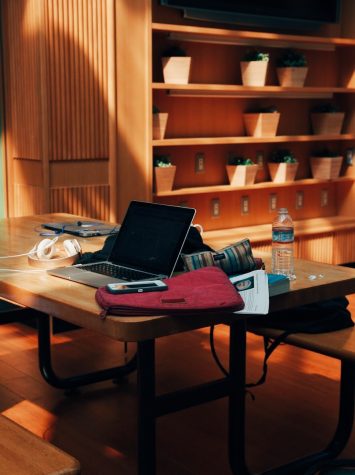

Both personal accounts and advanced research prove that procrastination enhances creativity, promotes innovation, and ultimately pushes society forwards. There is a sweet spot between doing things too early without creative capacity, and getting started too late in a pure state of panic. In the whirlwind of high school, it’s easy to find relief in Facebook, YouTube, Snapchat, or Instagram, procrastinating for hours on end. But as Professor Grant argues, “If you’re a procrastinator, next time you’re wallowing in the dark playground of guilt and self-hatred over your failure to start a task, remember that the right kind of procrastination might make you more creative.”





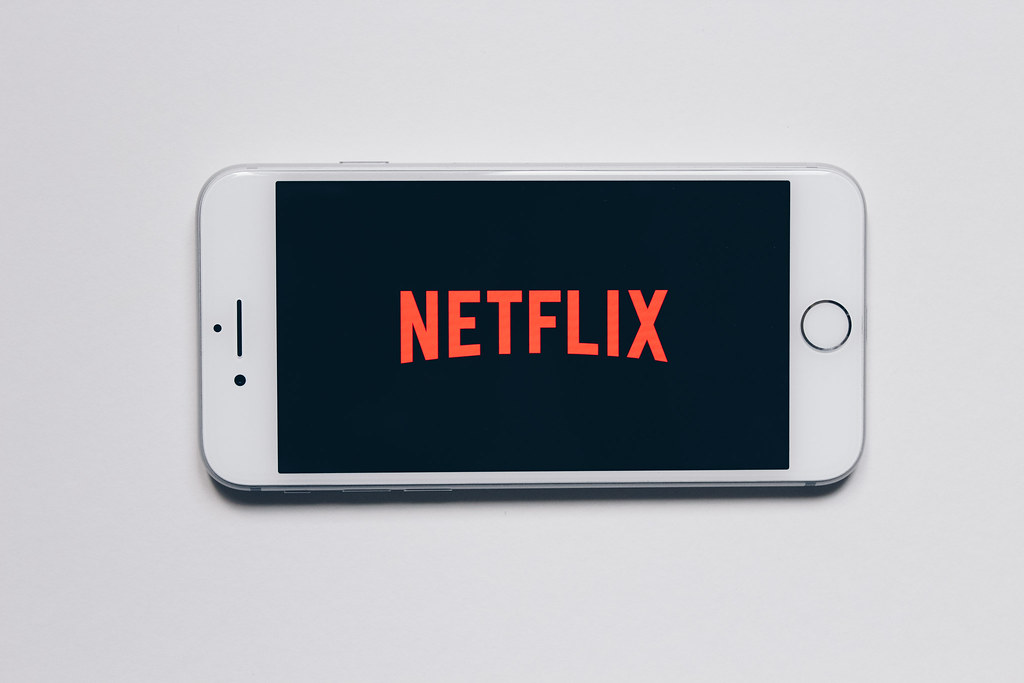



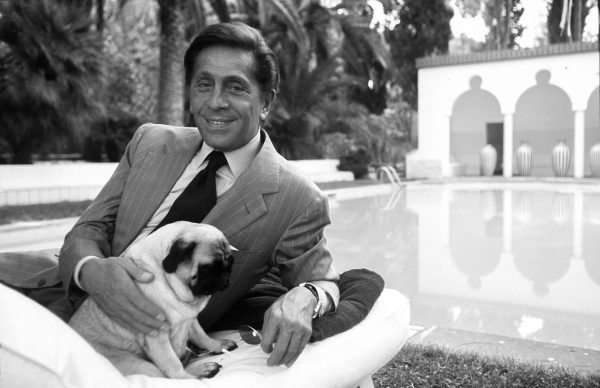
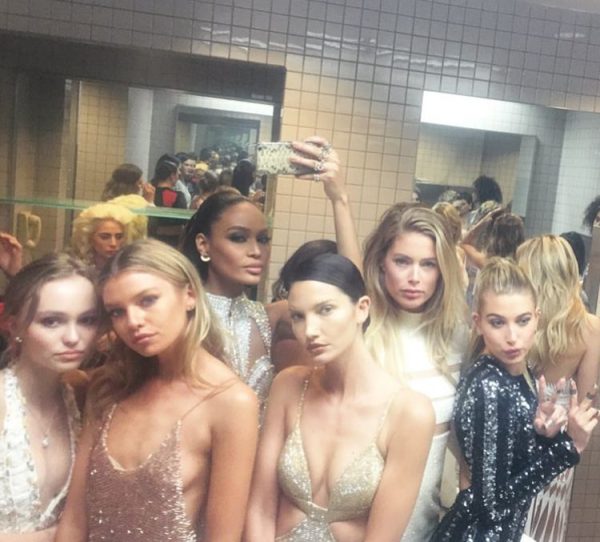
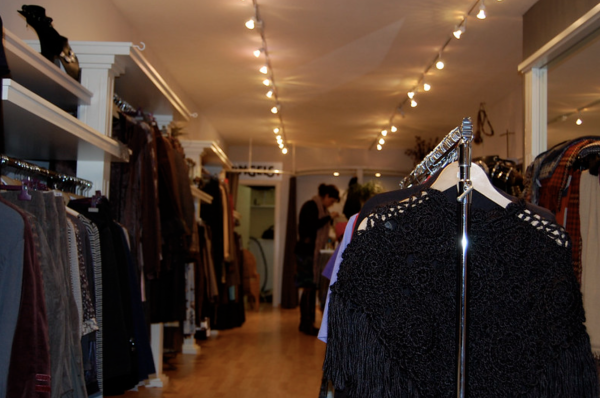

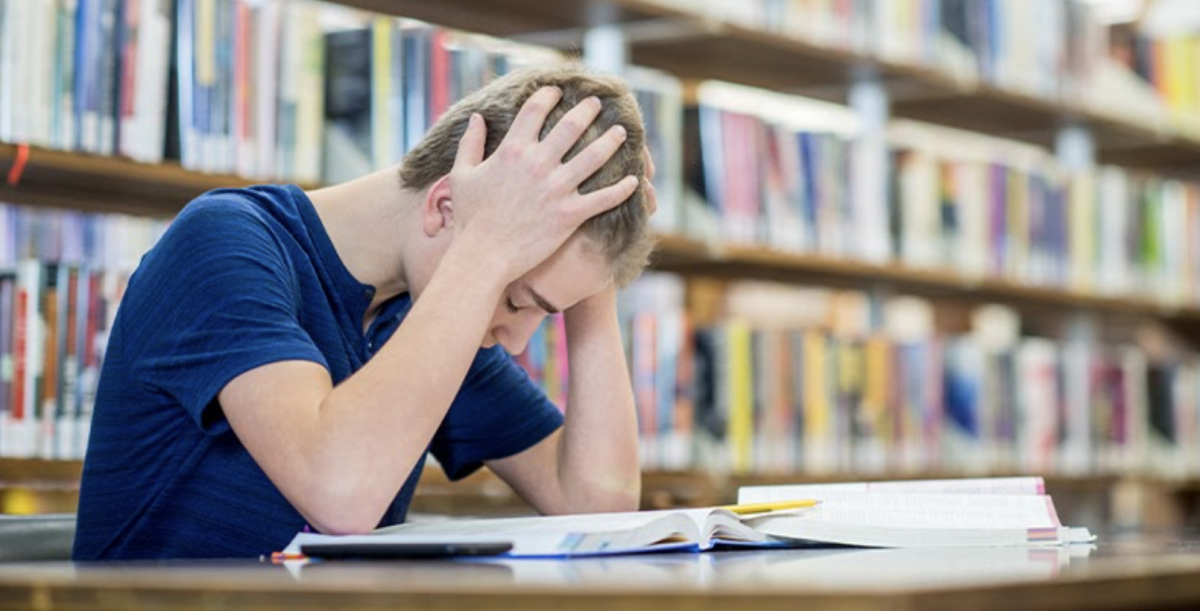


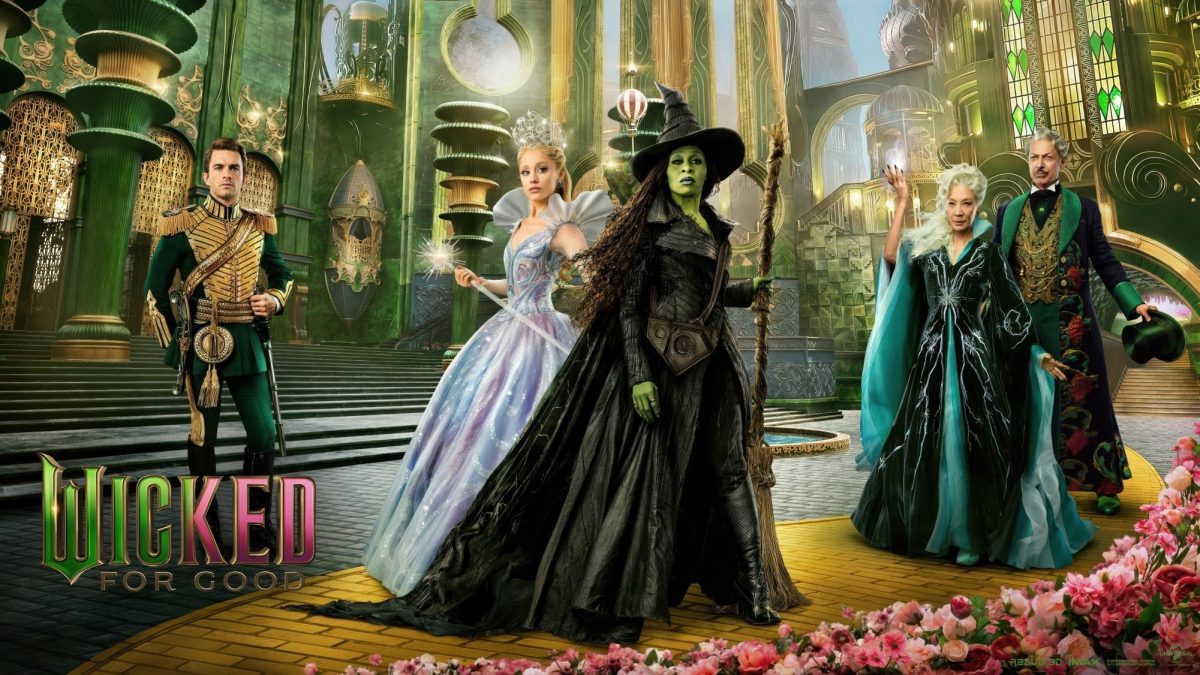



cleo • Apr 8, 2021 at 10:55 AM
yeah this article made me feel better about how i procrasrinate alot also i wrote this comment while procrastinating 🙂
Yuichi Hincapie • Dec 12, 2019 at 12:35 PM
I agree with the fact that sometimes procrastination can lead to new ideas and better work in the end.
Keira Heatherly • Mar 22, 2019 at 2:54 PM
I thought this was a really cool view on procrastination. People hardly ever view it as a positive thing, but I liked that this article showed that sometimes it can be!
Carrie Bennett • Oct 13, 2018 at 5:28 PM
I think you hit the mark when you stated that we need to find the “sweet spot”. So often I see procrastination leading to academic dishonesty.